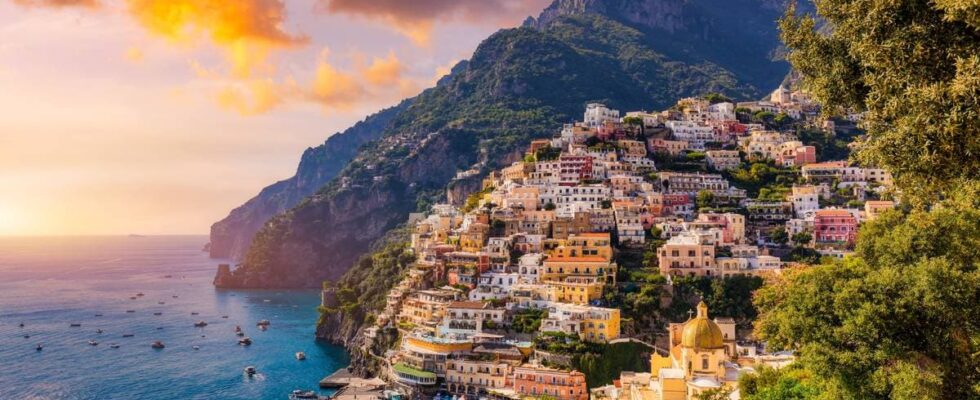“It’s healthy to be bored!” That’s what we say to our children when we can’t bear to come up with something with them. In addition, we have read that it is good for children’s development to be bored. So we serve them idyllic stories from our own childhood – when we didn’t have the internet, made up our own toys and only watched children’s TV at 6pm. Unfortunately, the truth is that we adults have lost the boredom we once possessed. But we need it – more than ever. The summer holidays are ironically one of the major stressful moments in our lives. It has to be planned, packed, financed – and when you are finally going to travel, the job starts with “getting the most out of the trip”. It means that we remove any possibility of being bored. The reason we need boredom is that it is the source of something absolutely wonderful: our creativity. It is the ability we humans have to think thoughts that have not yet been thought before. And through actions and cooperation with others, we can create completely new things. This happens when we are bored and think about “nothing”. Creativity flourishes when the mind is allowed to wander aimlessly and without meaning. In boredom, we can get the best ideas and find solutions to the problems we are thinking about. The sweetness of doing nothing In Italy we find the term “dolce far niente”, which celebrates the joy of doing nothing. This cultural acceptance of “nothing” is something we have lost. Every day of holiday should preferably be entered in the calendar on the phone with an agenda and invitation to those who will participate. And I suspect that this is not about the children and their need for entertainment, but about us adults and our need for control. Instead, plan summer days without any plans. If having an empty calendar is daunting, try adding activities that require minimal conscious thought process and allow the brain to wander freely. This activates a wonderful part of the brain that processes thoughts and impressions without you noticing. This is the part of the brain that gives us aha moments, when new ideas suddenly strike like lightning from the blue. So mow the lawn, take a car trip without podcasts or music, force yourself to look at the sea or drink a cup of coffee without your mobile in front. These activities are characterized by the fact that they are simple, repetitive and do not require much mental effort. Then you free your brain to connect ideas in new ways and produce creative thoughts. Fill the summer with such opportunities. Working as a source of energy A common perception is that the holidays are for “charging the batteries”. Behind such a term is the idea that we “use up” the energy by working, and then have to recharge ourselves – in order to be able to go to work again. This may be true for some workers with very physically demanding jobs, but for most of us it is less important. We primarily do not need physical rest. But we need mental rest. What wears us out is not what we do, but what we don’t get to do. Photo: NTB So feel free to enter “working” during the holidays. But put in tasks that it doesn’t really matter if you finish or not: Write a poem – maybe for the first time. Close a flower bed or chop wood. Fold all the clothes in your wardrobe. Or just one of the drawers. Listen through an album by, for example, Miles Davis or Beethoven, and reflect on why you like it – or possibly don’t like it. The point is to do something that makes your mind fly. Slowly. Freedom in the boring “Human unhappiness stems from the fact that they are unable to sit alone in a quiet room”, said the French philosopher Pascal in the 17th century. Practice sitting alone in a quiet room. Or on a park bench. Start with ten minutes and see what happens. Without doing anything, you get your thoughts sorted and suddenly some new ideas or wonderful thoughts may appear. Only by doing nothing. Nothing can actually become something. In August, you’ll be back at work and everyone will be asking what you did on holiday. Imagine if more Norwegians answered with pride: “I’ve been quite bored. And think lots of new thoughts!” Perhaps it is precisely boredom that we will live on when the oil runs out? Photo: Colourbox Published 07/07/2024, at 15.04
ttn-69
The Magic of Doing Nothing – Utterance

